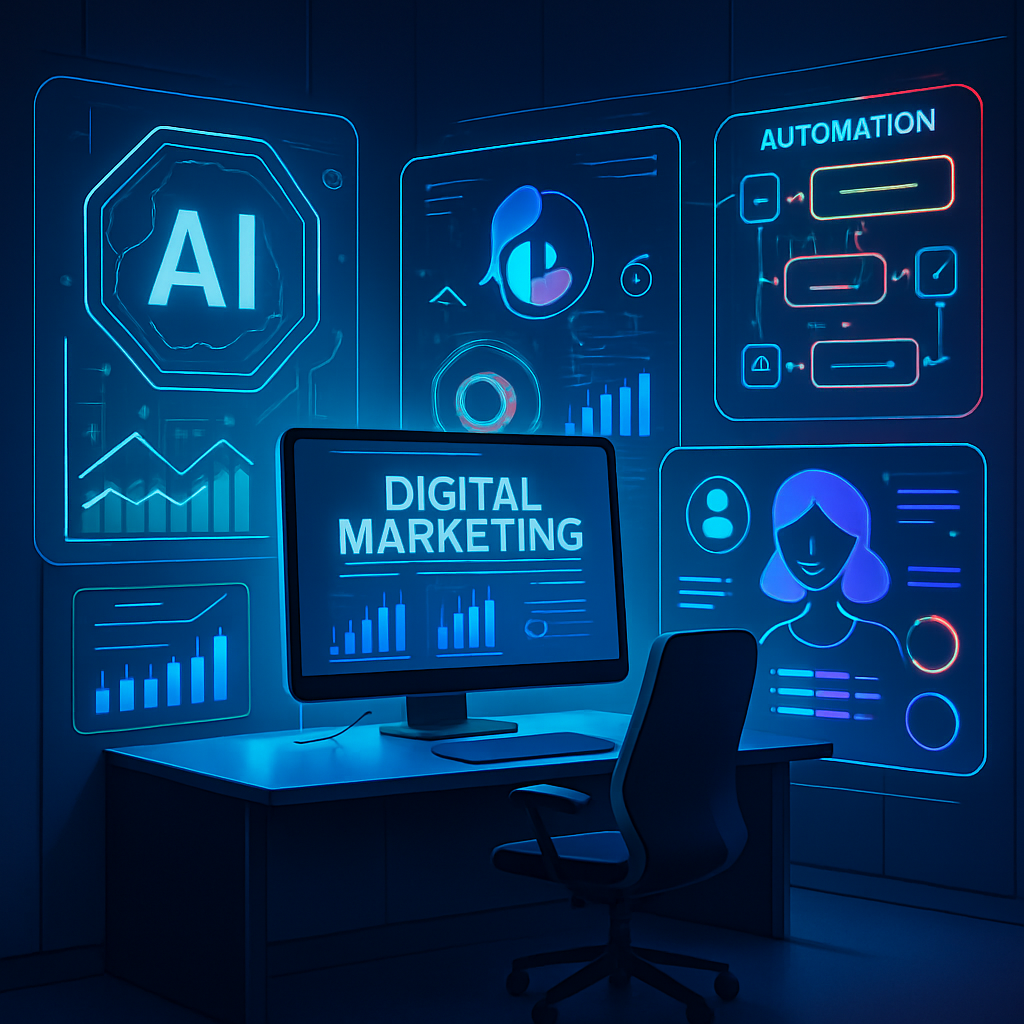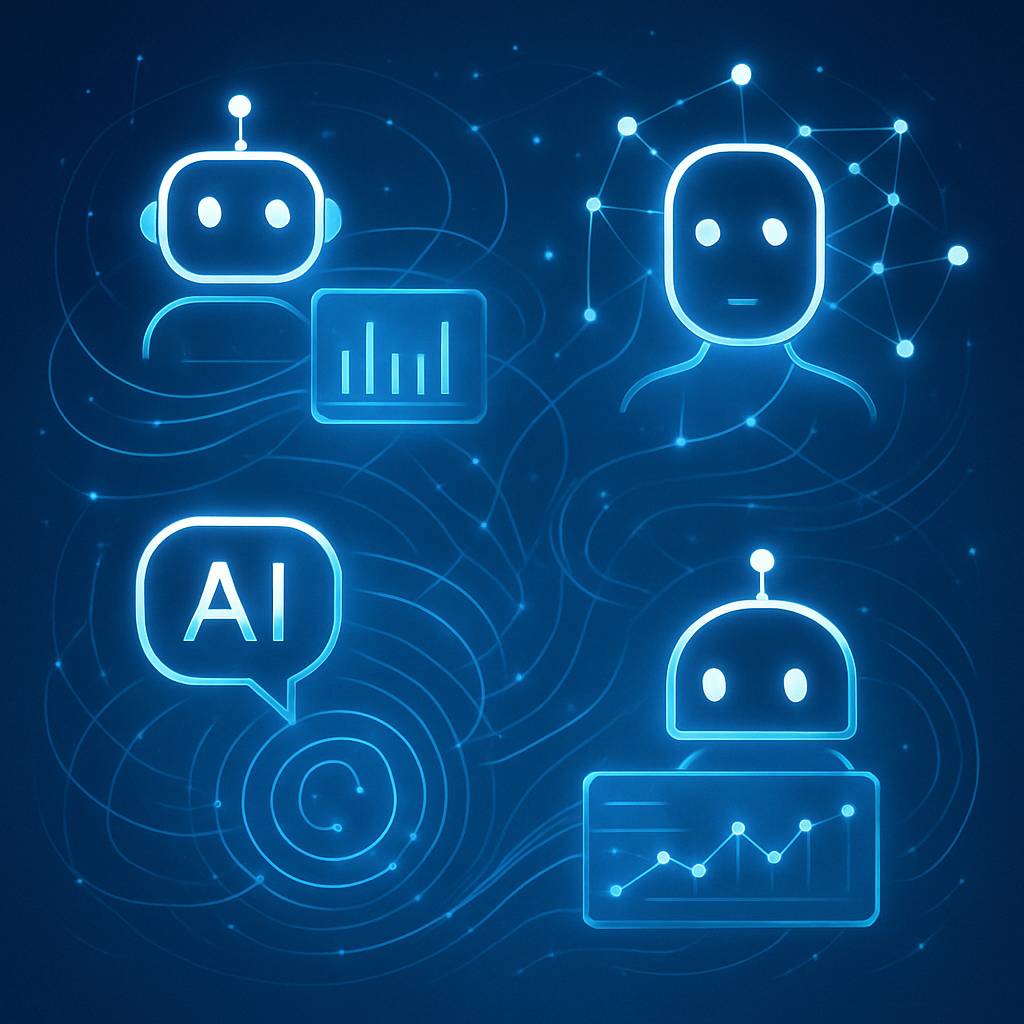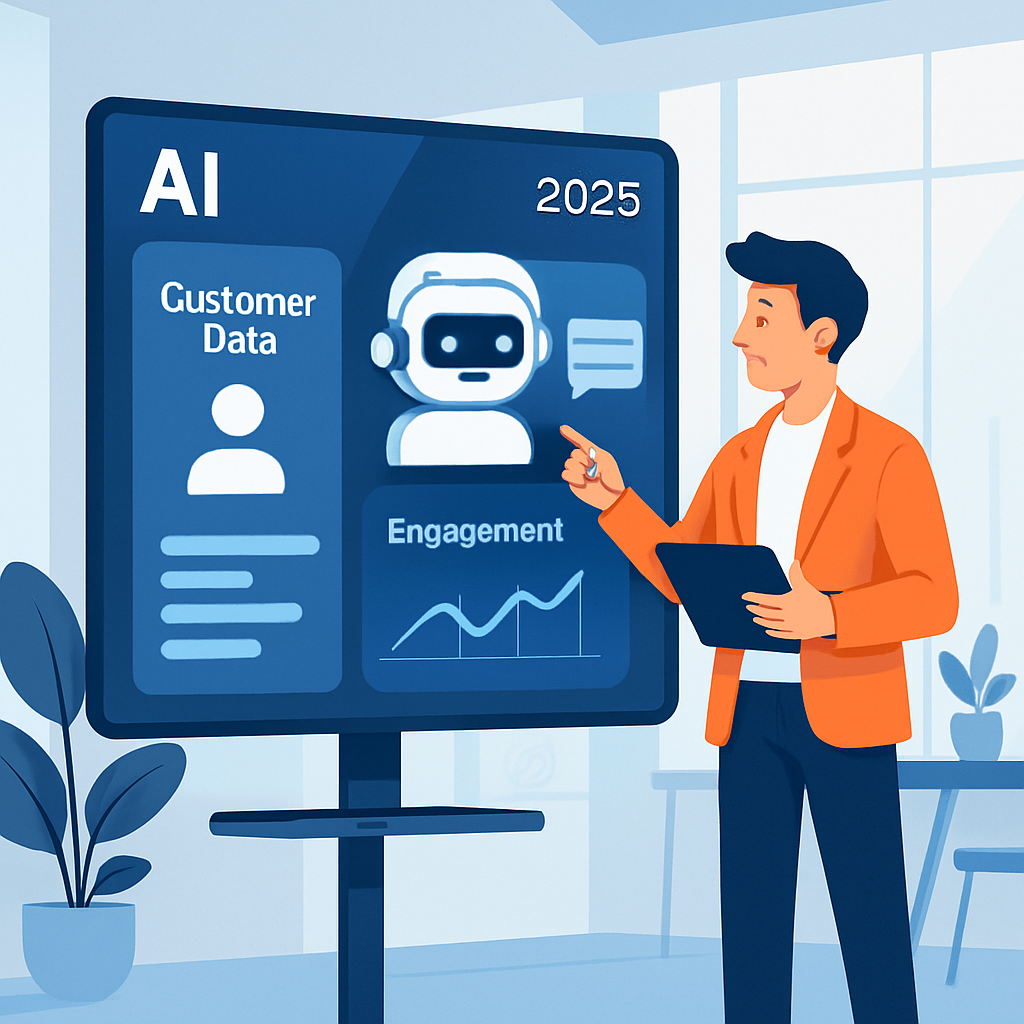
Decoding AI: Intelligent Agents' Impact on Custom Software Design
Artificial Intelligence, or AI, has become a cornerstone of technological innovation as of 2025, fundamentally transforming various sectors and reshaping software design paradigms. The question, "What does AI stand for?" opens the door to exploring an expansive field that combines machine learning, natural language processing, robotics, and intelligent decision-making systems.
What Does AI Stand For?
At its core, AI stands for Artificial Intelligence, a branch of computer science focused on building machines and software capable of performing tasks that typically require human intelligence. These tasks include learning, reasoning, problem-solving, perception, and language understanding. AI spans a broad set of techniques ranging from rule-based systems to sophisticated deep learning networks.
Understanding the Agent in Artificial Intelligence
Central to AI’s functionality is the concept of an agent in artificial intelligence. But what exactly is an ai agent? An agent is an autonomous entity that perceives its environment through sensors and acts upon that environment through actuators to achieve specific goals. This notion derives from the belief that intelligent behavior results from the interaction of an agent with its environment.
Types of AI Agents
- Simple Reflex Agents: These operate on a condition-action rule basis, responding directly to percepts.
- Model-Based Reflex Agents: These maintain an internal state representing the environment to make informed decisions.
- Goal-Based Agents: They act to achieve predefined goals, planning actions accordingly.
- Utility-Based Agents: These prioritize actions based on a utility function, optimizing for the best outcome.
- Learning Agents: They improve their performance over time via learning from experience.
AI agents have become pervasive in everyday software applications, from virtual assistants that schedule our meetings to autonomous drones mapping terrains.
Intelligent Agents Shaping custom software Design
Custom software design is an area where intelligent agents have begun to profoundly influence innovation and efficiency. Unlike off-the-shelf software, custom-designed solutions are tailored to meet specific organizational needs, making the integration of intelligent agents an exciting prospect.
Personalization Through Agent Technology
Intelligent agents enable software that adapts dynamically to user preferences and behaviors. For example, in a custom Customer Relationship Management (CRM) system, an AI agent can analyze interaction patterns and suggest best follow-up actions, automating tasks and helping sales teams prioritize leads more effectively.
Automation of Complex Decision-Making
AI agents excel in environments requiring rapid decision-making based on incomplete or streaming data. Intelligent agent frameworks embedded in supply chain management software can predict disruptions and adapt logistics plans in real-time, ensuring smoother operations and reduced costs.
Enhanced Collaboration via Multi-Agent Systems
Modern custom software increasingly employs multi-agent systems, where multiple autonomous agents collaborate or compete to solve complex tasks. Such systems can power workforce management platforms that dynamically balance workloads or resource allocation, improving operational agility.
Example: AI Agents in Healthcare Software
Consider custom software developed for healthcare providers that leverage AI agents to monitor patient data streams continuously. These agents can detect anomalies indicative of medical emergencies and alert healthcare staff instantaneously, demonstrating how intelligent agent integration can revolutionize patient care.
Challenges and Considerations in Agent-Driven Software
While intelligent agents bring numerous benefits, integrating them into custom software designs presents challenges. Developers must consider agents' transparency, ethical decision-making, and robustness against failures or adversarial conditions. Furthermore, designing agents that align with evolving business goals requires adaptive, modular architectures.
Security and Privacy Concerns
Agents often process sensitive data autonomously, raising privacy concerns. Custom software must build in stringent security protocols to ensure data integrity and compliance with global regulations like GDPR.
User Trust and Explainability
Users must trust AI agents to adopt these innovative systems fully. Explainable AI (XAI) techniques that clarify an agent’s decision process are crucial in enhancing human-agent collaboration.
Looking Ahead: The Future of Intelligent Agents in Custom Software
As AI technologies advance, the sophistication and ubiquity of intelligent agents in custom software will only grow. Emerging trends include:
- Hybrid agents combining symbolic reasoning with deep learning for more nuanced understanding.
- Context-aware agents that dynamically adapt to changing business environments and user needs.
- Swarm intelligence paradigms enabling large groups of agents to coordinate without centralized control.
By 2025, intelligent agents are no longer futuristic concepts but essential components enhancing the specificity, responsiveness, and autonomy of custom software solutions across industries.
Conclusion
Decoding AI and the role of intelligent agents reveals how these autonomous entities redefine the custom software design landscape. Their ability to perceive, learn, and act autonomously enables businesses to develop solutions tailored precisely to their complex needs, driving efficiency and innovation. Understanding these dynamics is vital in navigating the evolving technology landscape, where AI agents play an ever-increasing role in transforming digital ecosystems.







